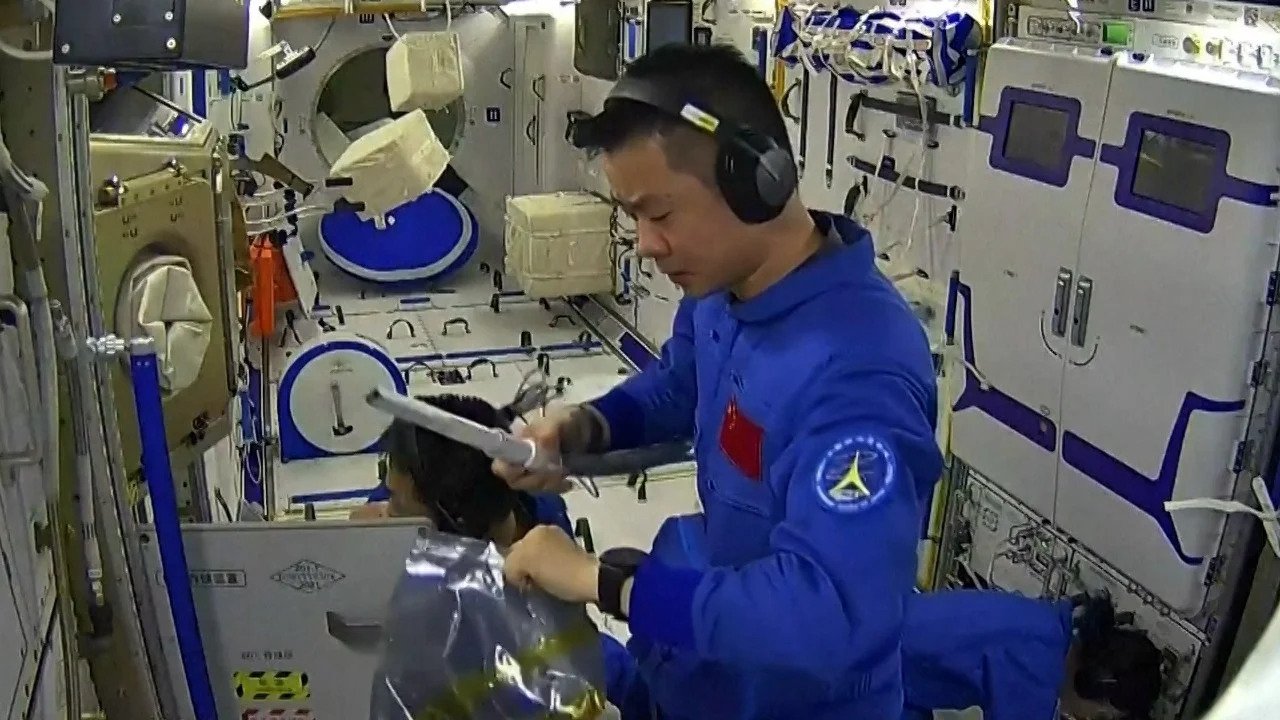The Chinese spacecraft Shenzhou 16, which flew into space at the end of May, brought more than 100 types of seeds to the Tiangong Space Station. The crew plans to cultivate plants to obtain mutants that will have useful properties.

Cargo of Shenzhou 16
Chinese astronauts plan to get mutant plants on board the Tiangong station. This opportunity was provided to them by the Shenzhou 16 spacecraft, which docked to the station on May 30. Then, together with the crew, materials for various scientific experiments were brought on board.
Among them were samples of genetic materials, of which 136 species were delivered to the station. According to the statement of the Chinese Agency for Manned Flights, they were provided by 53 scientific organizations engaged in agriculture, genetics, and biotechnology.
In total, seeds of 47 agricultural crops were delivered to the station, 12 of which are grain and another 28 are technical. 76 types of seeds belong to forest and field plants, flowers, and medicinal herbs. The remaining 13 types of genetic material belong to fungi and microorganisms, including those used in industry.
All their astronauts will try not just to grow, but also to get several generations in conditions of increased radiation and weightlessness. It is believed that in this way, it is possible to obtain mutant plants with valuable properties, for example, high yield or resistance to drought and cold.
Why do we need mutant plants?
China has been experimenting with growing living organisms in orbit since the late 1980s. Experiments with plants were also repeatedly carried out by the USSR and the USA. This process is interesting because, in the future, space settlements will have to grow food for themselves.
And the main obstacle here is precisely low gravity and an increased radiation background. The first can disrupt the development of plants and animals, which has evolved evolutionarily under conditions of constant gravity. The second one can generally destroy DNA and make seeds unable to develop.
However, it is the influence of radiation that interests scientists the most. After all, for artificial selection, mutant plants are needed, which do not appear so often. It’s also possible to get relatively many of them in space, especially if you don’t have the fear associated with Hollywood movies.
According to www.space.com
Follow us on Twitter to get the most interesting space news in time
https://twitter.com/ust_magazine
